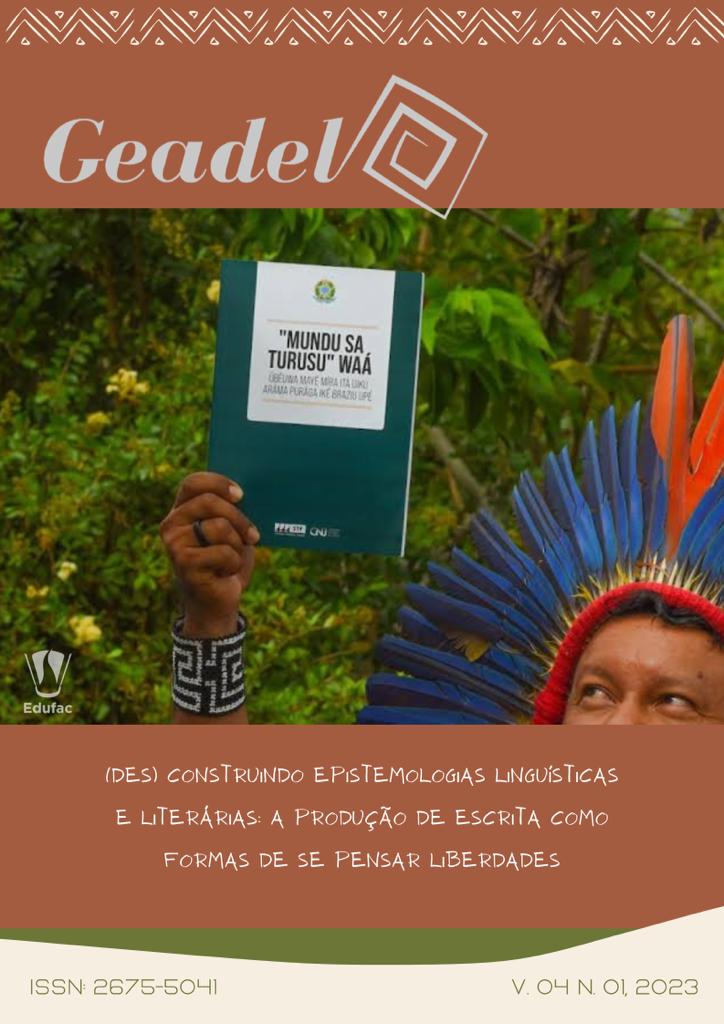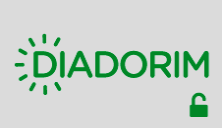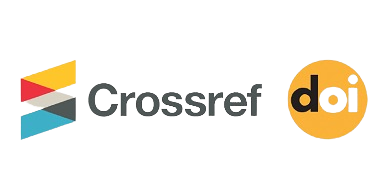DA GRAMÁTICA AO USO
AS PALAVRAS ESTRANGEIRAS NO PORTUGUÊS BRASILEIRO
DOI:
https://doi.org/10.29327/269116.4.1-7Keywords:
Estrangeirismos, Dicionário, Gramática, Língua PortuguesaAbstract
This article aims to investigate the insertion of foreign words in the Portuguese language and its position within some dictionary entries, constituting an integral part of our vocabulary. Linguistic functionalism associated with grammatical construction and the insertion of words in the lexical scope, based on lexicography, are used as a theoretical basis. The corpus was extracted from the Dictionary Contemporâneo da Língua Portuguesa Aulete (2009), which presents words and expressions from foreign languages, today, part of the lexicon of the mother tongue. With this investigation, it appears that foreign words have nothing to harm our language and that words from foreign countries do not modify grammar, but rather the imposition imposed by grammar itself depending on the word in use, related to the notion of form and function, which tends to modify the morphic structure of the word through phonetic, morphological and syntactic uses.
Downloads
References
ALVES, I. M. Neologia e tecnoletos. In: OLIVEIRA, AM de, ISQUERDO, AN (Orgs.), As ciências do léxico: lexicologia, lexicografia, terminologia.2. ed. – Campo Grande, MS: Ed. UFMS, 2001.
AULETE, C. Minidicionário contemporâneo da língua portuguesa. 2 ed. Rio de Janeiro: Nova Fronteira, 2009.
BIDERMAN, M. T. C. Teoria linguística: linguística quantitativa e computacional. Rio de Janeiro: Livros Técnicos e Científicos, 1978.
EIRAS, A. C. F. Estrangeirismos: a aplicabilidade do Projeto de Lei Nº 1.676/99. Trabalho de Conclusão de Curso (Curso de Pós-Graduação Lato Sensu). Faculdade de Educação São Luís: Jaboticabal, SP, 2008, 28f.
GARCEZ, P. M; ZILLES, A. M. S. Estrangeirismos desejos e ameaças. In: FARACO, C. A. (Org.). Estrangeirismos guerras em torno da língua. São Paulo: Parábola Editorial, 2001. p. 15-36.
MARTINET, A. A linguística sincrônica. Rio de janeiro: Edições Tempo Brasileiro, 1974.
NARO, A. J; VOTRE, S. J. Mecanismos funcionais do uso da língua. In: VOTRE, S. J. (Org.). A construção da gramática. Niterói: Editora da UFF, 2012, p. 17-28.
NARO, A. J; VOTRE, S. J. Mecanismos funcionais do uso da língua: função e forma. In: VOTRE, S. J. (Org.). A construção da gramática. Niterói: Editora da UFF, 2012, p. 43-48.
OLIVEIRA, L. A. Coisas que todo professor de português precisa saber: a teoria na prática. São Paulo: Parábola Editorial, 2010.
PEZATTI, E. G. Constituintes pragmáticos em posição inicial: distinção entre tema, tópico e foco. Alfa, São Paulo, 42: 133-150, 1998.
PONTES, A. L. Dicionário para Uso Escolar: o que é, como se lê. Fortaleza, EdUECE, 2009.
ROST, C. A. Expansão semântico-pragmática e mudança categorial de verbos de percepção: amostra sincrônica. Working Papers em Linguística. N. 6, p. 116-134, Florianópolis: UFSC, 2002. Disponível em: https://periodicos.ufsc.br/index.php/workingpapers/article/view/6123/567>. Acesso em: 27 abr. 2020.
SANTIAGO, M. S. Redes de palavras-chave para artigos de divulgação científica da medicina: uma proposta à luz da terminologia. Dissertação (Mestrado em Letras). Universidade do Vale do Rio dos Sinos, 2007.
WELKER, H. A. Dicionários: uma pequena introdução à lexicografia. Brasília: Thesaurus, 2004.
XATARA, C. L et al. (org.). Lexicografia Pedagógica: definições, história, peculiaridades. Universidade Federal de Santa Catarina, 2008.
Downloads
Published
How to Cite
Issue
Section
License
Copyright (c) 2023 Academic Journal Geadel

This work is licensed under a Creative Commons Attribution-NonCommercial 4.0 International License.
Os autores concedem à revista todos os direitos autorais referentes aos trabalhos publicados. Os conceitos emitidos em artigos assinados são de absoluta e exclusiva responsabilidade de seus autores.





